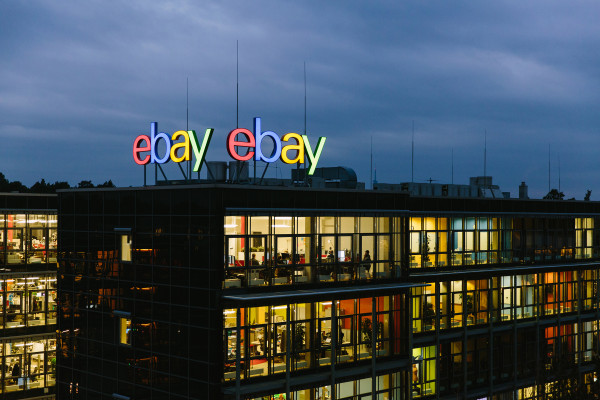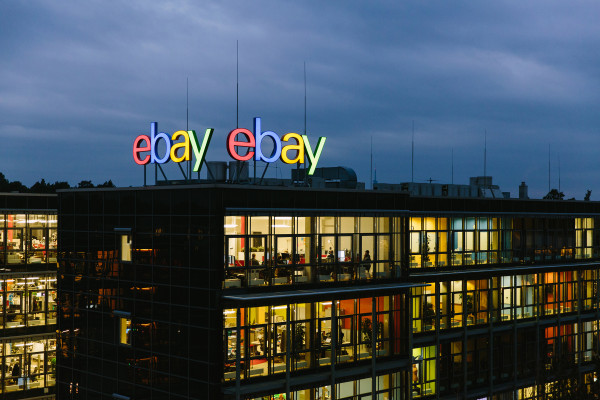
EBay is a very distant second behind Amazon when it comes to e-commerce sales in the U.S., but abroad — and in particular in Asia — it is willing to invest to grow its footprint in a targeted way. In February, eBay paid a total of $573 million to acquire Qoo10, a Japanese sales platform, according to the company’s quarterly earnings filing.
In more detail, the deal consisted of $306 million in cash and the relinquishment of about $266 million in shares in Giosis, a pan-Asian e-commerce marketplace business originally founded as a joint venture with Korea’s Gmarket. Qoo10, which claims two million shoppers, was originally part of Giosis.
The acquisition is similar to a deal eBay did in Korea in 2001 when it purchased Internet Auction Co and linked the Korean service up to its global network of buyers and sellers. That integration has been successful, and today South Korea is eBay’s fourth largest market based on revenue behind only the U.S., Germany and UK, respectively.
Although the acquisition of Qoo10 was first announced in February, the actual price was not disclosed until the company’s earnings report dropped on Thursday. “We believe the acquisition will allow us to offer Japanese consumers more inventory and grow our international presence,” eBay explained in the filing.
The deal underscores how eBay is at the same time pulling back from general plays while doubling down on more targeted opportunities. Earlier this year, the company gave up its stake in Flipkart as part of its acquisition by Walmart, but at the same time committed to investing in a new, standalone eBay operation in India, using some of the $1.1 billion in proceeds it made from selling its Flipkart stake to Walmart.
EBay had an unsuccessful effort in China which ended in 2006 and it hasn’t returned to the country.
According to its latest financial results, the company’s U.S.-based business accounted for $1.1 billion out the company’s total quarterly sales of $2.6 billion. That North American revenue was up five percent year-on-year, but eBay’s revenue from other international locations grew by more over the same period to give the company’s total sales a nine percent annual increase.
That didn’t impress investors, however, and the company’s share price dropped by 10 percent to close Thursday at $34.11.
EBay doesn’t break out revenue for Japan — where Qoo10 operates — but revenue from Korean rose by 13 percent to $304 million in the most recent quarter. Sales for ‘rest of the world’ were up nine percent to $505 million.
While it used to be neck-and-neck with Amazon in terms of e-commerce sales and presence in the US, it has fallen behind over the years and now accounts for just 6.6 percent of online transactions in the country, versus 49.1 percent for its bigger rival.
More growth abroad could be one route to improving those fortunes, with India one of the world’s fastest-growing and most populous economies. But success in the country will be challenging with Flipkart joining forces with Walmart and Amazon’s India unit continuing to grow in strength.
But eBay isn’t going to go head-to-head with those two. Instead, its India operations will focus on cross-border sales, so essentially looking to connect buyers and sellers in the country with opportunities overseas within its network. That’s the same model it has used to effect in other parts of the world, so its acquisition of Qoo10 and its other international services will be a key part of that India strategy, and vice versa.

